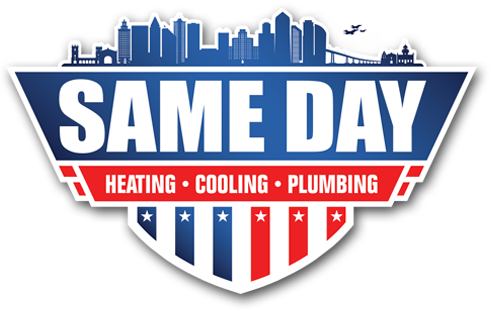How To Measure Indoor Air Quality
If you are a homeowner, you may be concerned with the level of quality of the air you breath in your home. There are many common pollutants that can be found in your home and spread around through your air vents. Some of these may include radon, secondhand smoke, mold, VOCs and more! Carbon Dioxide can also be a big issue when it comes to IAQ. While you can get IAQ testing around San Diego, there are also ways that you can find out about your Indoor Air Quality yourself! Follow along with our guide below to find out how you can measure your home’s indoor air quality!
What is Indoor Air Quality
Indoor Air Quality (IAQ) is a measurement of the quality of the air in your home or building. IAQ can be affected or harmed by pollutants, and these pollutants can cause health concerns both short and long term, according to the EPA.
Ways You Can Measure Indoor Air Quality
There are many ways that you can measure the quality level of the air in your home. You can get a sensor for many pollutants or factors that may become pollutants installed in your home. For example, a humidity sensor can help you determine the levels of water vapor in the air. If you find that your humidity levels are high, you may find mold harming the quality of the air. Not only that, but high humidity levels can harm indoor air quality in the sense of occupant comfortability. There are sensors for other pollutants as well including VOC sensors, carbon dioxide sensors, and more! You can find these sensors for around $100, while the top end sensors usually retail for around $300.
MERV Ratings for IAQ
One way that you can determine the indoor air quality of your home is through the MERV rating of your air conditioner vent’s filter. Your air filter is given a rating on a scale of 1-16 for their ability to block particles or pollutants from entering a space. This scale is known as the Minimum Efficiency Reporting Values or MERV for short. If you find that your system has a low rating on the MERV scale, then you know that your filters are not doing their job in keeping out particles and pollutants. The more pollutants they let in, the worse off your IAQ will be.
Overall, the quality of the air in your home is an important issue to be informed of. You should always keep an eye on the quality of air in your home and know the signs of deteriorating IAQ. If you have any questions about indoor air quality, or HVAC problems as a whole, visit us at Same Day Heating and Air Conditioning today! Our certified professionals are always happy to help with any problems you may have!
Works Cited:
